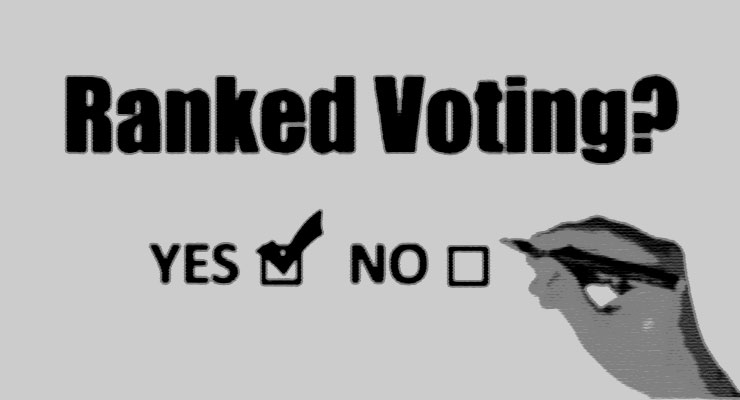
Yoko Rosenbaum, Charles Aborisade had this article in Fair Vote. Here is an excerpt:
A growing number of colleges and universities are making the switch to utilizing Ranked Choice Voting (RCV) in their student elections. This semester, FairVote interns conducted an RCV On Campus Project with the goal of facilitating transitions to ranked choice ballots so that student governments could hold elections that empower students to cast more meaningful votes, elect representative winning candidates, and promote civil campaigning. The RCV on Campus Project adds to growing evidence of the sustained popularity of electoral reform, especially with students and young voters. In addition to the growing number of schools using RCV, there is also an increasing diversity among the types of schools that are making the transition. A deeper look into the current state of RCV on college campuses will provide an empirical review of RCV’s success in student governments.
Nearly 100 colleges and universities have implemented RCV, an array spanning across 32 states and Washington, D.C. Making up the 90+ schools are 50 private institutions and 41 public institutions, including several community colleges and law schools in addition to the 4-year colleges and universities. As of April 2021, 1.7 million students attend schools with RCV systems in their student government elections. Over 200,000 students attend RCV schools located in jurisdictions that have used or are scheduled to use RCV for their local or state elections or their Democratic presidential primaries. There is also great variety in the size of schools that have implemented RCV. The smallest, Concordia University School of Law, has a total student body of 150; the largest, Arizona State University, has nearly 75,000. The average study body population is roughly 17,000. 2020 was a landmark year for RCV on college and university campuses across the country, with the most RCV adoptions and implementations in history. Over 13 schools voted to use RCV systems. 2021 adoptions and implementations have kept a similar historic pace, with 7 schools joining the ranks in the first three months alone.
Beyond the evident expansion of RCV across college campuses, anecdotal experiences have also defined RCV in a new light. In a recent webinar, “Ranked Choice Voting at Universities,” FairVote gathered a diverse group of student leaders from various colleges and universities to discuss some of the benefits RCV has to offer. One of these benefits discussed was the elimination of runoffs. For example, Joah Brause, 2023 class president at Colby College, talked about how, with the growing number of candidates they saw run for elected positions, there was an increase of runoff elections that had decreased turnout. Brause said making the switch to RCV not only solved this problem, but also created a “smarter government.”
Access the full article through this link.
Leave a Reply